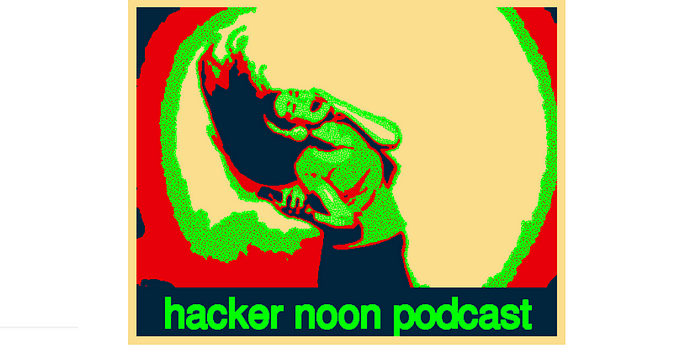Latest news about Bitcoin and all cryptocurrencies. Your daily crypto news habit.
From 0 to 1M customers, a conversation with Y Combinator
Eric Migicovsky is a Partner at Y Combinator, one of the top of U.S. startup accelerators, and he was previously Founder and CEO at Pebble, the company that created the first commercially successful smartwatch. Last Friday, he was interviewed by Adora Cheung (another YC Partner) on being an entrepreneur at the intersection of hardware and software. Here you can read a summary of my five biggest takeaways.
 Fast iterations can save you a lot of money
Fast iterations can save you a lot of money
7 out of the first 10 smartwatches built and shipped at Pebble ended up exploding (as in, broke into pieces), and the company learned a ton about what caused the issue. This early finding prevented them from making hundreds of devices with the same problem.
“We screwed up everything you could possibly screw up.”
Going from implementation to validation as fast as possible helps uncover issues that can be fatal if discovered in future iterations, when it might be impossible to recover due to lack of resources like time or money. Validating your product with real users is the ideal case, but you risk losing customers’ trust if a problem is not handled properly: if you ask your customers for their feedback, you better be ready to listen.
Choose the right business model for your company
Product market fit is the first critical step for all startups, where they try to figure out if there are people out there who want their product. Eric argues that doing a business model company fit is equally important since it will define how the well company understands its customers and how they want to interact with the product (i.e. one time purchase vs. a monthly subscription.)
“Will our customers really want to spend $5 a month?”
Forcing the wrong business model can create problems that might end up distracting you from building awesome products for your customers. I’d argue that creating a clear mission statement can help you find the right business model, since it can serve as a lighthouse when you are trying to understand how new projects get funded or why certain business decisions are made.
Talk to real customers before you build your product
You might think you have a great product, but how do you verify that people will actually want it? How do you find your first 10 or 100 customers?
“Infiltrate the community of people who you think will want your product.”
Go to conferences, hack events, Reddit, etc. For example, WhatsApp’s Founder Jan Koum posted about his idea on FlyerTalk.com since he thought frequent flyers would be interested in an app that allowed them to communicate without paying for overpriced SMS bills.
Use an existing product as foundation for your prototype
Creating a prototype when you are in the consumer hardware industry doesn’t need to be expensive. Instead of spending hundreds of thousands of dollars on an industrially designed prototype, buy an existing product off the shelf and hack it to do what you want.
“Getting halfway there for $300 is so much better than weeks or months of prototyping just to get to the same level.”
Eric used scooter sharing companies as an example: they didn’t start by making custom-designed scooters, they bought cheap scooters and glued a modem and a GPS receiver to them. Try to spend as little money as possible until you get to the point where you fully understand the product you need to build.
Hire the right people, at the right time
Hiring an amazing group of developers and designers before you even have product market fit is a mistake. Focusing too early on the team can drain the company’s resources.
“Hire for trust, hire for reliability, not for a specific domain knowledge.”
Even after market fit is ensured, the success of most startups is determined by the type of people hired during their early stages. People who are truly invested in the company’s mission will create an environment based on trust, and will build excitement around the product; their passion will become contagious, which will make growing talent in-house easier.
Eric Migicovsky is an invaluable asset for Y Combinator given all the experience he obtained by leading Pebble until it was acquired by Fitbit. If you want to hear more about his entrepreneurial expertise in the hard tech space, you can see the full interview here.
Did you like this article? Subscribe to get new posts by email.
View all posts by Ivan Rodriguez
Originally published at geekonrecord.com on October 18, 2018.
Tech startup lessons from Y Combinator’s Eric Migicovsky was originally published in Hacker Noon on Medium, where people are continuing the conversation by highlighting and responding to this story.
Disclaimer
The views and opinions expressed in this article are solely those of the authors and do not reflect the views of Bitcoin Insider. Every investment and trading move involves risk - this is especially true for cryptocurrencies given their volatility. We strongly advise our readers to conduct their own research when making a decision.
